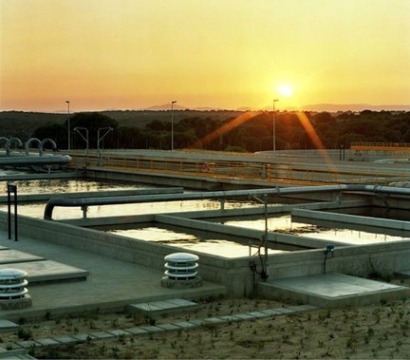
RENEWAT (Optimised Renewable Mix for Energy Saving in Waste Water Treatment Plants) aims to synchronise waste water treatment (WWT) plants with the availability of in-plant renewable energy sources. Renewable technologies will be integrated into WWT plants in order to reduce their energy dependence by up to 30 percent. This will in turn reduce costs by a quarter of the cost of treated water.
The pilot project is being implemented at the treatment plant in Archena, Murcia, Spain and it will subsequently be applied to virtually all WWT plants. RENEWAT will adapt several renewable energy technologies such as solar panels and small wind turbines and integrate them with the aid of a smart management system to coordinate the water treatment processes with available energy. This will allow for optimally combining these technologies while adjusting water treatment work to the amount of energy being generated at the time. The smart management system will adjust the contribution of energy needed at each stage with greater precision, thereby improving overall energy efficiency.
In addition to energy efficiency and cost reduction, the management system will provide further environmental advantages such as a reduction of greenhouse gas (GHG) emissions by around 45 tonnes of CO2 per year. The project is supported by the EU through the Life+ programme and partnered by ESAMUR (Regional Waste Water Treatment and Sanitation of the Murcia Region).
There are around 16,000 WWT plants in the EU which consume around 10,000 GWh of grid electricity per year, generating emissions of more than 27 million tons of CO2. The application of renewable technology would therefore save more than eight million tons of greenhouse gases.
For additional information:

